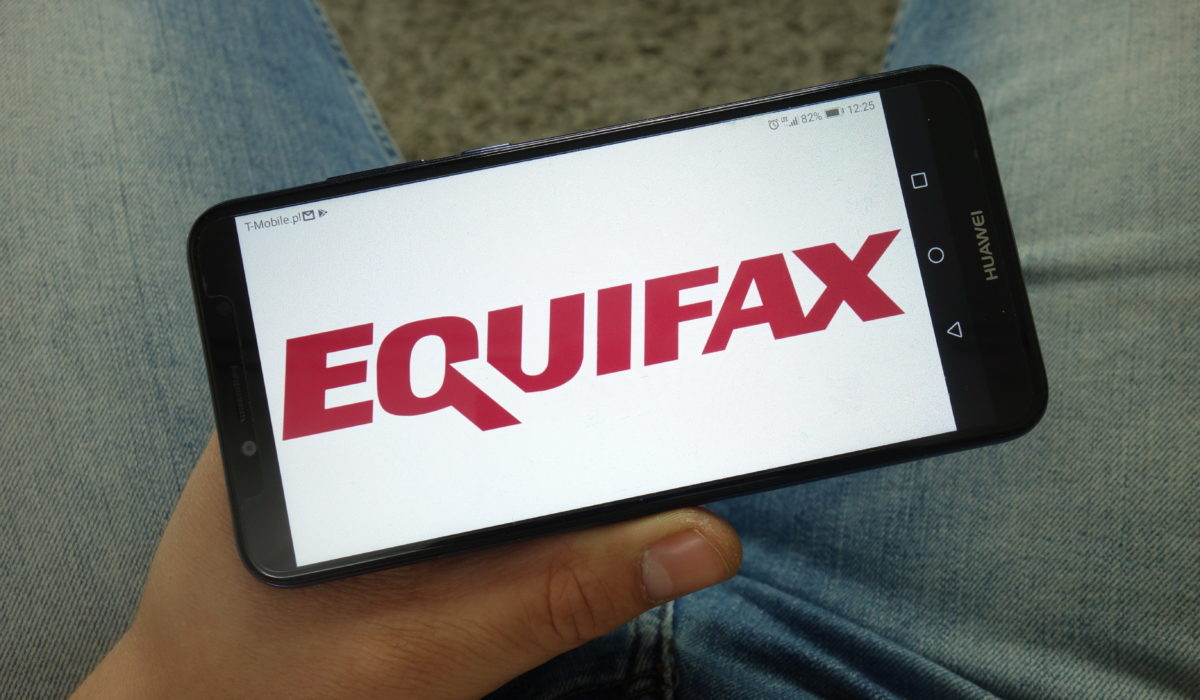You probably have heard about the 2017 Equifax data breach that has affected nearly 148 million U.S. consumers. And if you haven’t, where have you been hiding? The truth of the matter is, if you use a credit card, you were probably affected.
This breach caused many consumers with private data to take extra precautions in protecting themselves and their sensitive information. Credit bureaus such as Equifax handle your detailed financial information – such as names, birthdates, Social Security numbers, credit card numbers and partial drivers’ license numbers.
This was no small issue. If you’re a consumer who has a credit card and you want to make sure you take all the precautions you can to protect yourself, check out this list of things to do.
Freeze your credit
When you freeze your credit, you are preventing stolen information fro being used to open new accounts in your name by restricting access to your records. If creditors don’t have access to your credit history, they most likely won’t open a new account.
Thanks to changes to the Dodd-Frank law, you can now freeze and unfreeze your credit at each of the three credit bureaus – Equifax, Experian and TransUnion – for free. This may be the most extreme method – but it’s also the most effective. Because a freeze can prevent fraud, it’s better than a credit monitoring service, which only alerts you that fraud might have happened.
With your credit frozen, you’ll still have access to your credit records and scores. But if you don’t want to do that, you may consider a credit lock. All three bureaus offer an app that allows you to lock or unlock your credit with a quick swipe or online. The key difference between a credit freeze and a credit lock is it’s simpler to unlock a credit lock than it is to lift a credit freeze. You also may have less legal protection with a lock than with a freeze. Equifax launched a free credit lock app in the wake of the breach.
Place a fraud alert
If you’re still not sold on the fact of freezing your credit, you can place a renewable fraud alert on your credit. This tells potential creditors to verify your identity before issuing credit in your name. A fraud alert lasts for a year and is renewable. Contact one of the three bureaus, and it will notify the others.
Check all 3 credit bureaus
You are allowed at least one free credit report from each bureau every 12 months. If you haven’t accessed your credit reports within the past 12 months – do it. If you’ve reviewed them recently, placing a fraud alert on your credit files allows renewed access.
When you check your report, watch out for: new accounts that you didn’t open, credit inquiries that don’t match when you applied for credit, balances that don’t match your statements.
Take a serious look at credit statements
While freezing will prevent the opening of new accounts, it won’t stop fraudulent charges on an existing account. If you want to protect yourself, follow these steps:
- Even if you think your data wasn’t affected by the breach, stay on top of checking your credit card statements for charges you don’t recognize. If something doesn’t make sense, look further. Often there’s a phone number listed with the merchant name for the transaction.
- Sign up for text or email alerts about credit transactions.
- If you see a charge you think isn’t yours, call your issuer right away to dispute it.

